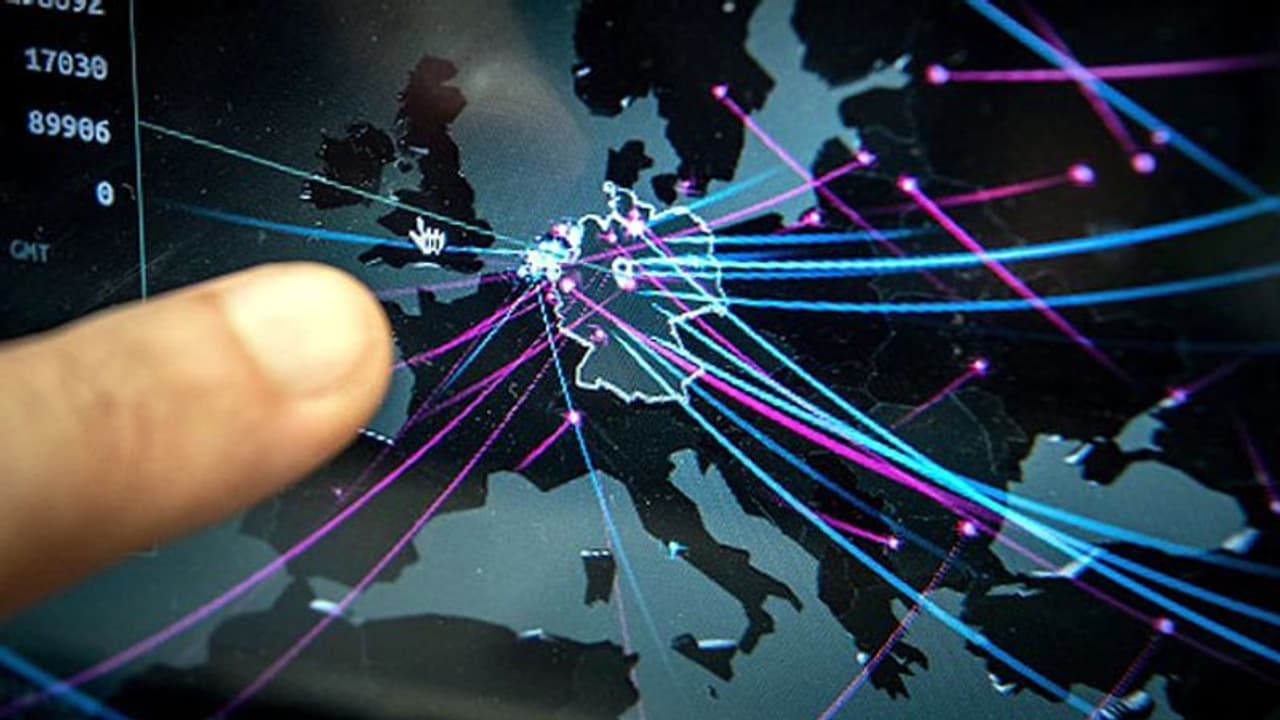Houlin Zhao, Secretary-General of the International Telecommunication Union, stated that the ITU would seek to ensure that the foundations for connecting the remaining 2.9 billion people are in place.
Despite the Covid-19 epidemic propelling people online, the United Nations stated Tuesday that 2.9 billion people - 37 per cent of the world's population - had never used the internet.
According to the International Telecommunication Union, 96% of the world's 2.9 billion inhabitants live in developing countries. According to the organisation, the expected number of individuals who went online increased from 4.1 billion in 2019 to 4.9 billion this year, thanks in part to a "Covid connection boost." However, even among those internet users, many hundreds of millions may only get online sporadically, utilising shared devices or experiencing slow connection speeds.

Houlin Zhao, Secretary-General of the International Telecommunication Union, stated that the ITU would seek to ensure that the foundations for connecting the remaining 2.9 billion people are in place. He also stated that they are dedicated to ensuring that no one gets left behind. The number of Covid users climbed by more than 10% in the first year of the crisis, the greatest yearly growth in a decade. The International Telecommunications Union mentioned measures such as lockdowns, school closures, and the necessity to access services such as remote banking. However, growth has been inconsistent. Internet connectivity is sometimes pricey in impoverished countries; nearly three-quarters of individuals in the 46 least-developed countries have never gone online.
"
Also read | Wondering which is the world's most expensive city? It's not Paris, Singapore or New York; Check out list
Younger people, men, and city dwellers are more likely to use the internet than older people, women, and people living in rural areas. The gender gap is particularly evident in developing countries. According to the ITU, the digitally excluded continue to face obstacles such as poverty, illiteracy, limited access to electricity, and a lack of digital skills.
